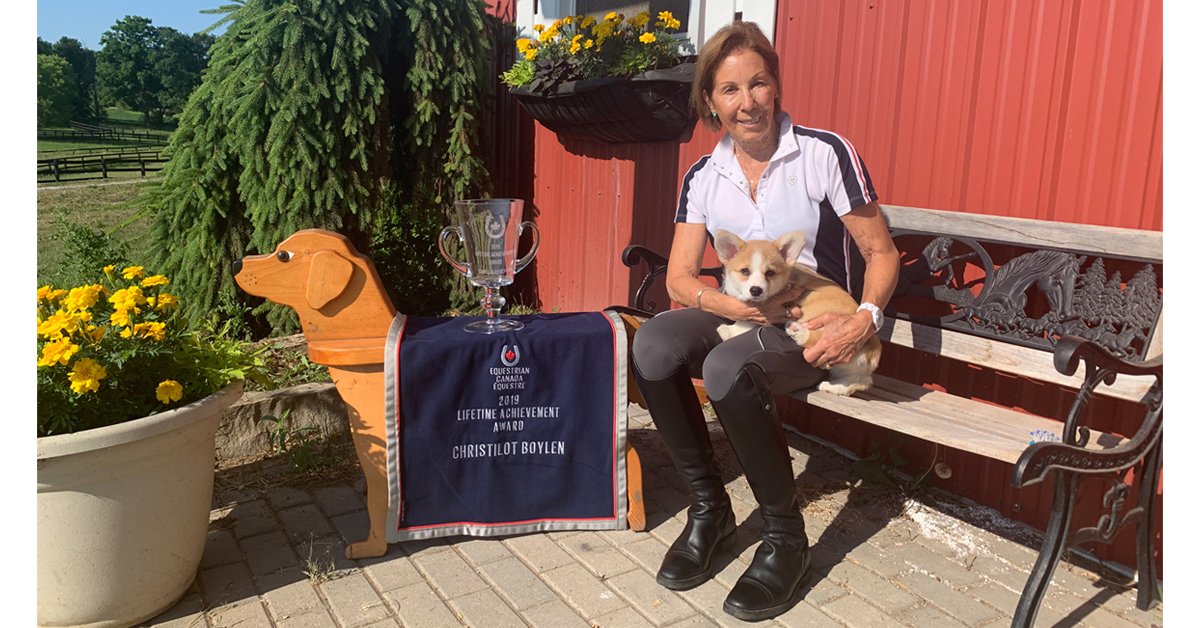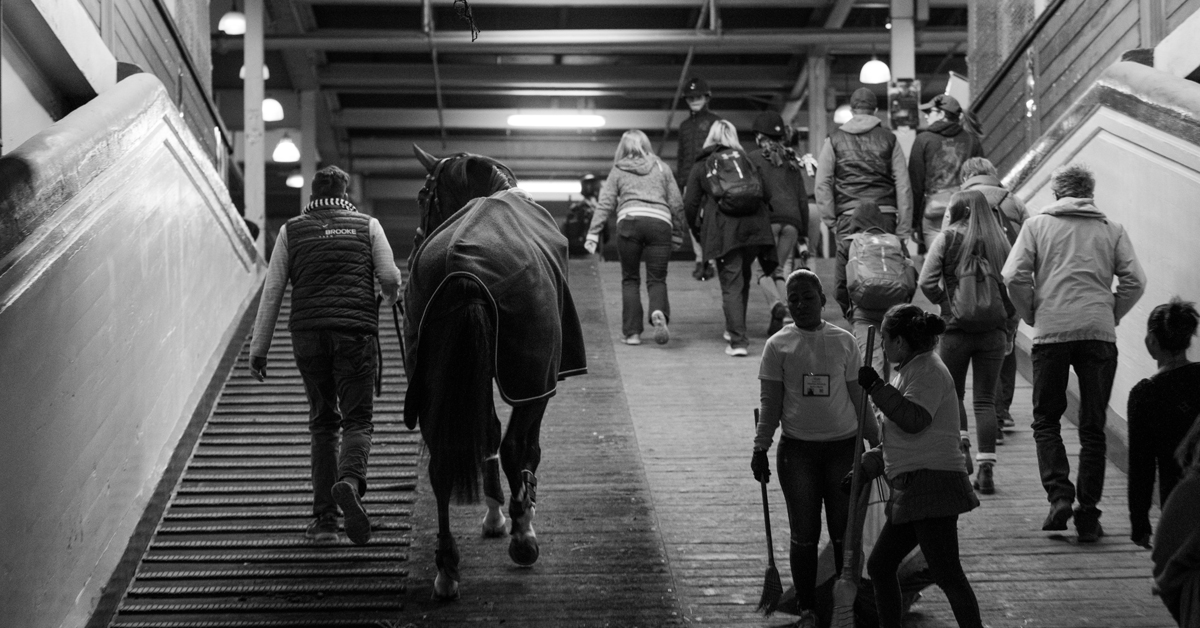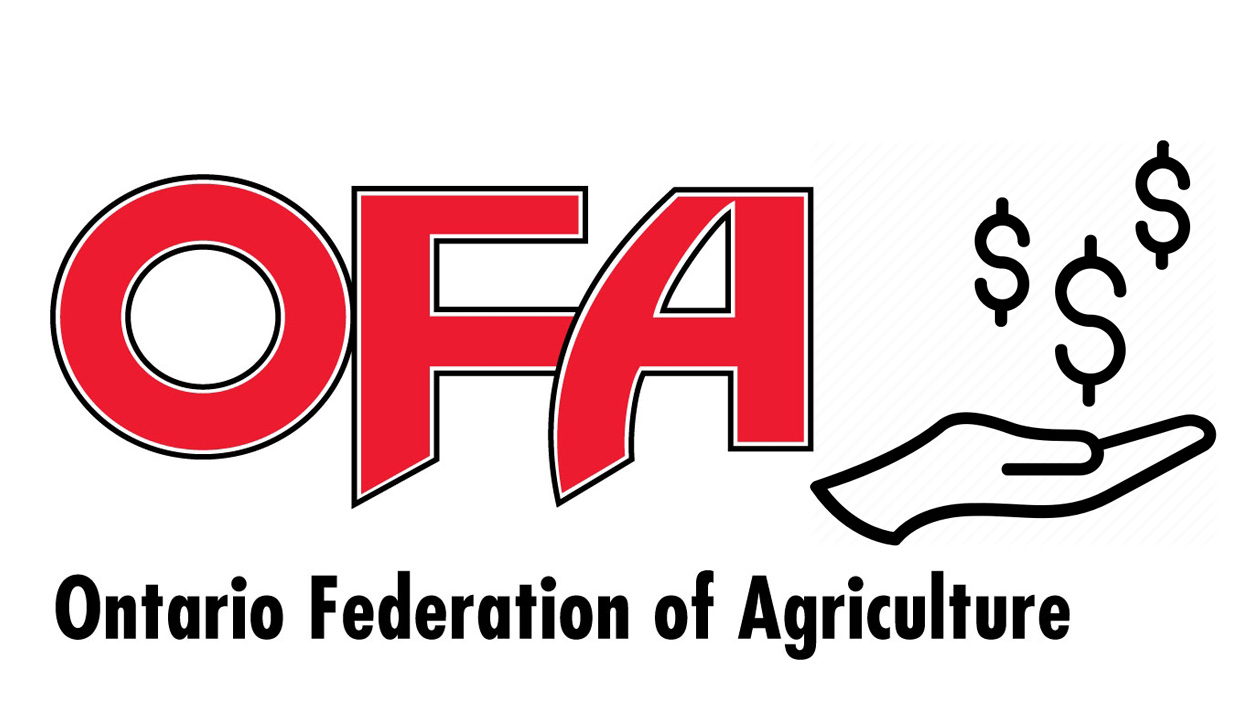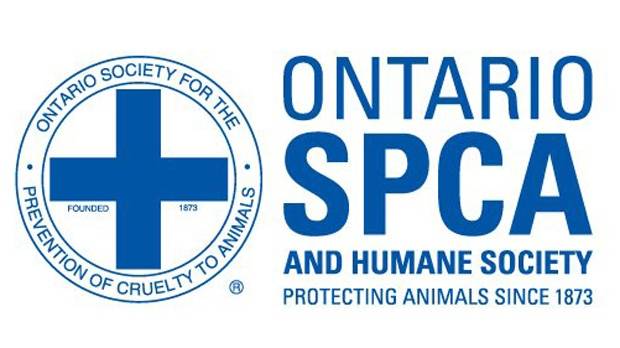The Ontario Society for the Prevention of Cruelty to Animals (OSPCA), an agency which has for many years investigated and prosecuted animal cruelty cases involving horses, livestock and other large animals, will pull back from such operations in 2019 and instead focus on its shelters and rescue programs for dogs and cats. This restructuring move is expected to be effective by the end of next year.
The OSPCA claims its large animal welfare enforcement branch has operated with considerable financial losses ‒ in part attributed to ever-increasing operational costs and several failed investigative cases, such as the high-profile probe involving Marineland in Niagara Falls. To support these ventures the agency had been utilizing donor dollars meant for other areas of operation.
Melissa Kosowan, associate director of communications at the Ontario SPCA, explained, “Beginning in late 2017, the Ontario SPCA undertook an exercise to restructure the service we provide to the Government of Ontario to fit within the available funding; we have made a commitment to be right-sized by the end of 2019.”
The OSPCA was founded in 1873 as an animal shelter, and by 1919 was allowed to enforce animal cruelty laws through government legislation via the OSPCA Act. However, the agency received very little government funding until 2012 when Ontario premier Dalton McGuinty alloted them in excess of $5 million annually. The current provincial government funds the OSPCA to the tune of $5.75 million yearly based on an agreement that the agency runs a call centre to respond to animal cruelty tips, fields a case team to investigate, regularly inspects zoos and aquariums, and responds to animal cruelty complaints at First Nations and northern Ontario locations.
Kosowan noted, “Our shelter operations are not funded by the government. The Ontario SPCA receives $5.75 million per year in funding from the provincial government for cruelty investigations. All other programs and services, including animal care, Northern animal transfers and AnimalSmart™ humane education programs are primarily are funded by donations. To clarify, we are restructuring the service we provide to the Government of Ontario to fit within the available funding. We are considering a number of adjustments so that we are providing the best possible protection of animals within the available funding.”
The OSPCA’s 2017 financial report shows that while expenses totalled nearly $14 million, income was only around $11.5 million ‒ $7 million (donations and fundraising), $2.4 million (municipal contract fees), and $2.1 million (shelter and veterinary revenue). Ten years ago, there used to be about 200 officers responding to animal cruelty and welfare calls in the province; that number has now dropped to about 70. While officers essentially have police powers and can lay animal cruelty-related charges, a 2016 report found that many are poorly paid, have to cover huge geographic regions, and work alone in often dangerous circumstances if they are confronted with hostile farm owners.
When asked if this decision will affect current court cases like the one against David, Jason and Victoria Small, who are accused of nine counts of animal cruelty causing death on a rental property in Stouffville, ON, Kosowan replied, “The role of the Ontario SPCA is to investigate reports of animal cruelty. From there it is up to the Crown to proceed with the case before the courts. The Society has no control over this judicial process.”
It is not immediately clear what recourses the public now has if they witness abuse or suspect neglect. According to a Canadian Press report written by Liam Casey, a spokesperson at OSPCA suggested that investigating cruelty cases involving livestock and horses might fall on the shoulders of the Ontario Ministry of Agriculture, Food and Rural Affairs (OMAFRA) ‒ who do not currently have any authority to enforce the provisions of the OSPCA Act ‒ or the local or provincial police. “Our hope is to become a supporting agency to OMAFRA to provide urgent and ongoing to care to animals while Ministry personnel focus on enforcing government legislation,” said Kosowan. “As these discussions have yet to occur, we cannot provide details at this time.”
OMAFRA released the following statement to Horse Sport: “Our government is committed to a strong animal welfare system in Ontario. There is no place in our society for the abuse or neglect of animals. The Ministry of Community Safety and Correctional Services (MCSCS) is reviewing the matter. In the event the OSPCA no longer performs these duties, police services have authority to enforce animal welfare laws. The Ontario Ministry of Agriculture, Food and Rural Affairs assists with inspections and investigations related to farm animals when requested by the OSPCA or police. The Ministry of Agriculture, Food and Rural Affairs does not have the authority to enforce the provisions of the OSPCA Act.”
For the immediate future, it will be business as usual if someone witnesses or suspects abuse at a farm or other facility and wants to report it. “The Ontario SPCA would like to assure the public that we continue to investigate animal welfare concerns relating to livestock in horses. Concerns about animal welfare, including horses and livestock, should continue to be reported to 310-SPCA (7722),” assured Kosowan.
Other options going forward are being discussed. “We are still in the preliminary stages of exploring adjustment options in order to provide the best possible protection of animals within the available funding. As with any situation, the Ontario SPCA will endeavour to provide the best protection and care for animals. This includes developing services that rely solely on donor support such as a provincial centre for sheltering large animals.”
Kendra Coulter, the chair of labour studies at Brock University and co-author of the 2016 report Difference Makers: Understanding and Improving the OSPCA’s Animal Cruelty Investigation Network, told Horse Sport, “It is certainly very unusual for a charity that receives only a small amount of government funding to be enforcing the law, and the investigations workforce is too small, stretched too thin, and very constrained by legal protocols. However, the OSPCA’s upper management’s decision to back away from some of the largest groups of animals in Ontario is not an appropriate response to the financial limitations.”
She continued, “Officers do not want to be leaving horses or farmed animals unprotected. And some OSPCA officers have developed extensive knowledge about horse welfare and been recognized by the courts as experts.”
Coulter also conducted the 2018 study Work in Ontario Horse Stables and found that, “Horse people speak with a united voice when it comes to cruelty investigations in Ontario. They want more investment and enforcement, and they want crimes against horses to be taken seriously.” On this basis, “Precisely as horse people have made their desire for more enforcement clear, it is very disappointing to see the upper management of the OSPCA telling its officers that they will be providing less.”
More from Horse Sport:





